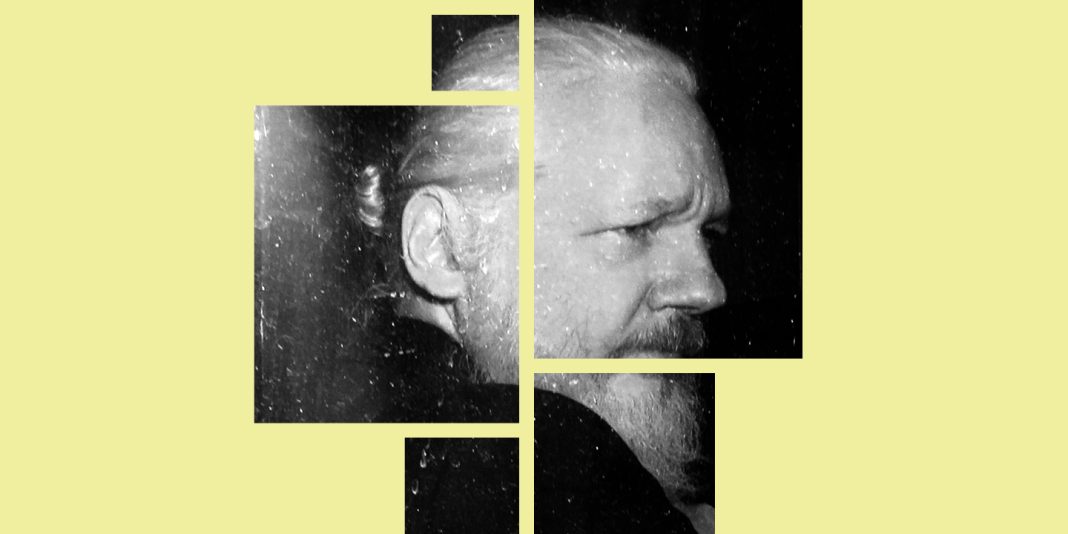Julian Assange, the founder of WikiLeaks, has reportedly reached a plea deal with federal prosecutors after years of fighting extradition from the United Kingdom to the U.S. The agreement is expected to bring an end to Assange’s lengthy standoff with the White House, which has caused diplomatic tensions and raised concerns about U.S. hypocrisy regarding freedom of the press.
In 2018, the Justice Department indicted Assange on charges of hacking and unauthorized access to classified information. He had been living in the Ecuadorian Embassy in London for almost seven years until his arrest in 2019. Last month, a London court ruled that Assange could continue to appeal his extradition.
On Monday, federal prosecutors filed updated charges with the U.S. district court in the Northern Mariana Islands and requested a hearing for Tuesday. The prosecutors anticipate that Assange will plead guilty. The remote district was chosen due to Assange’s opposition to traveling to the continental United States and its proximity to Australia, his home country.
The updated charging documents allege that Assange conspired with Chelsea Manning to access and disseminate classified information without lawful access between 2009 and 2011. Manning’s sentence was commuted by former President Barack Obama in January 2017.
President Joe Biden had previously stated that he was considering dropping the charges and extradition attempt against Assange, a move that press freedom organizations had urged him to do. The State Department provided some clarity on the matter, stating that one of the crimes Assange is charged with is helping Manning hack into government systems, which they do not consider a legitimate journalistic practice.
Pressure from Australia played a significant role in the politics of the prosecution, with the Australian government opposing Assange’s extradition. Australian lawmakers traveled to the United States to lobby their American counterparts, and U.S. Ambassador Caroline Kennedy was urged to intervene. Last August, Kennedy mentioned the possibility of a plea deal.
While press freedom advocates welcomed the end of the Assange saga, they expressed concerns about the precedent it sets. Jameel Jaffer, executive director of the Knight First Amendment Institute at Columbia University, stated that the plea deal contemplates Assange serving five years in prison for activities that journalists engage in every day. Seth Stern, advocacy director for Freedom of the Press Foundation, added that the deal may hang over the heads of national security reporters for years to come, legitimizing the criminalization of routine journalistic conduct.
Assange’s wife, Stella, celebrated the news of the plea deal, stating that Julian is free. WikiLeaks also announced his release from Belmarsh maximum security prison after spending 1901 days there.
It is important to note that WikiLeaks’ publication of over 250,000 unredacted State Department cables in 2010 was a significant data breach in U.S. government history. The cables have since been used as a resource by journalists, activists, and anti-corruption investigators worldwide. WikiLeaks also exposed U.S. conduct in the war on terror, including the release of footage showing the killing of civilians and Reuters journalists during a 2007 strike in Baghdad, Iraq.
Overall, while the plea deal may bring an end to Assange’s extradition battle, it raises questions about the treatment of journalists and the freedom of the press. The decision to pursue charges against Assange for activities that are common among journalists could have long-lasting implications for press freedom in the United States.


